Thanksgiving is a time of gratitude, family gatherings, and indulgent feasting. Here in Westerville, Ohio, many of us consider our pets part of the family and naturally want to include them in the celebration. But while turkey and trimmings might seem like a treat for your pets, some traditional Thanksgiving foods can pose serious risks. As your trusted Westerville veterinarian, we’re here to help you navigate the dos and don’ts of Thanksgiving food safety for pets, so everyone can enjoy the holiday worry-free.
Thanksgiving Pet Safety: Foods That Are Safe to Share
While it’s best to stick to your pet’s regular diet, a few Thanksgiving staples can be safe, provided they’re prepared appropriately and offered in moderation. Here are some pet-friendly options:
Pet-Safe Foods
- Turkey (Plain, Cooked, and Boneless): Turkey meat is a lean protein that most pets can enjoy. Remove the skin, bones, and any seasoning to prevent digestive upset or choking hazards.
- Plain Vegetables: Steamed carrots, green beans, and peas make excellent snacks. Avoid adding butter, oils, or spices.
- Pumpkin (Unsweetened): Canned or cooked pumpkin (not pie filling) is great for digestion. A spoonful is plenty!
- Sweet Potatoes (Plain): Cooked sweet potatoes without marshmallows, sugar, or spices can be a tasty treat for pets.
Portion Control is Key
Even these safe options should only make up a small portion of your pet’s overall diet. Overindulging in “human food” can lead to upset stomachs, weight gain, or worse.
Thanksgiving Foods to Avoid
Not all foods on your Thanksgiving table are safe for pets. In fact, some can be downright dangerous. Avoid these common culprits:
Dangerous Foods for Pets
- Stuffing and Gravy: These often contain onions, garlic, or other seasonings toxic to pets.
- Chocolate and Sweets: Chocolate is highly toxic to dogs and cats, and many sweets contain xylitol, a sugar substitute that can cause severe health issues.
- Grapes and Raisins: Even small amounts can lead to kidney failure in dogs.
- Alcohol: Pets can be highly sensitive to even tiny amounts of alcohol, which can cause vomiting, tremors, or worse.
- Fatty Foods: High-fat items like turkey skin, butter, or gravy can trigger pancreatitis, a painful and potentially life-threatening condition.
By educating guests and securing harmful foods out of reach, you can prevent an emergency trip to your Westerville veterinarian.
Recognizing Symptoms of Food Toxicity
If your pet does get into something they shouldn’t, it’s important to recognize the warning signs of food toxicity. Symptoms can vary depending on the substance but often include:
- Vomiting or diarrhea
- Lethargy or weakness
- Tremors or seizures
- Excessive drooling or difficulty breathing
- Loss of appetite
If you notice any of these symptoms, contact West Vets Emergency Veterinary Clinic immediately. Acting quickly can make a significant difference in your pet’s recovery.
Preventing Thanksgiving Emergencies
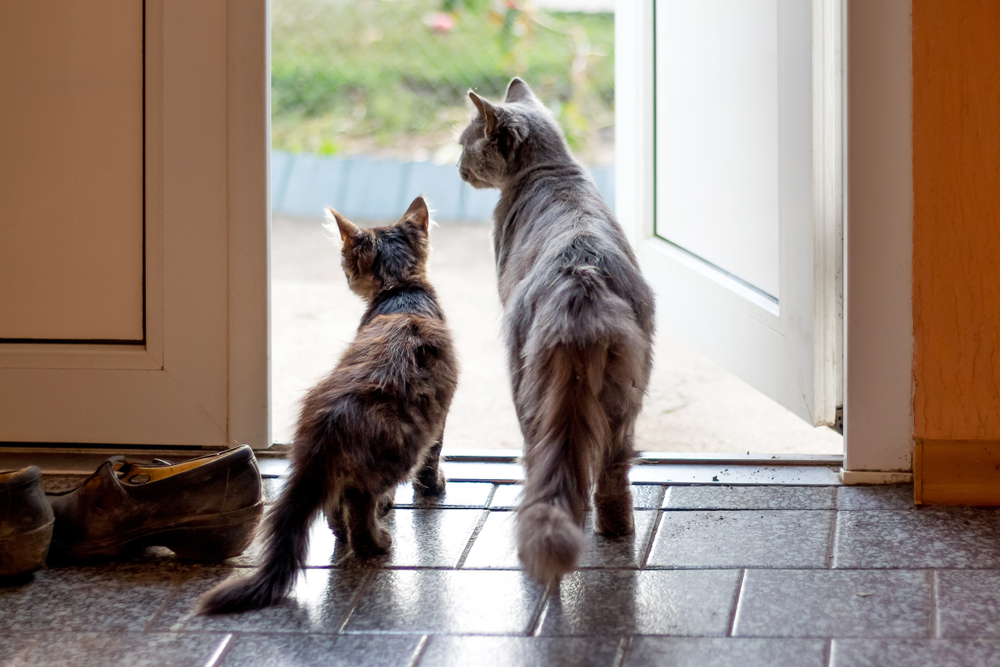
Prevention is the best way to keep your pet safe and your holiday stress-free. Follow these tips to avoid common pitfalls:
Tips for a Pet-Safe Thanksgiving
- Educate Your Guests: Inform friends and family about foods that are off-limits for pets.
- Create a Safe Space: Set up a quiet, pet-friendly area away from the kitchen and dining room to reduce temptations and stress.
- Secure Trash Cans: Curious pets might dig into the trash for leftovers, so make sure bins are pet-proof.
- Provide Pet-Safe Treats: Offer your pets their own special treat, like a new chew toy or a bowl of their favorite kibble, to keep them occupied and happy.
What to Do if Your Pet Eats Something Harmful
Despite your best efforts, accidents can happen. If your pet consumes a dangerous food, follow these steps:
- Remove the Food: Take away any remaining harmful food to prevent further ingestion.
- Avoid DIY Remedies: Do not induce vomiting unless explicitly directed by a veterinarian.
- Call a Veterinarian: Reach out to West Vets Emergency Veterinary Clinic or an emergency veterinary hotline for guidance.
Why Regular Veterinary Check-Ups Matter
Thanksgiving is a good reminder of the importance of preventive care. Routine check-ups can help identify dietary sensitivities or underlying health issues before they become emergencies. At West Vets Emergency Veterinary Clinic, we’re committed to helping your pets stay healthy year-round.
Thanksgiving is a time for gratitude and celebration, and with a little preparation, your pets can safely join the festivities. By following these food safety guidelines, you’ll ensure a happy and healthy holiday for the whole family. Keep our contact information handy in case of an emergency, and don’t hesitate to reach out with any questions or concerns.
For more tips on pet safety during the holidays, visit our blog or schedule a pre-holiday check-up with our team. Let’s work together to make this Thanksgiving safe and joyful for all—two-legged and four-legged alike!
For additional resources on pet safety, check out the AVMA’s Thanksgiving Pet Safety Tips and the ASPCA’s Holiday Safety Guide.


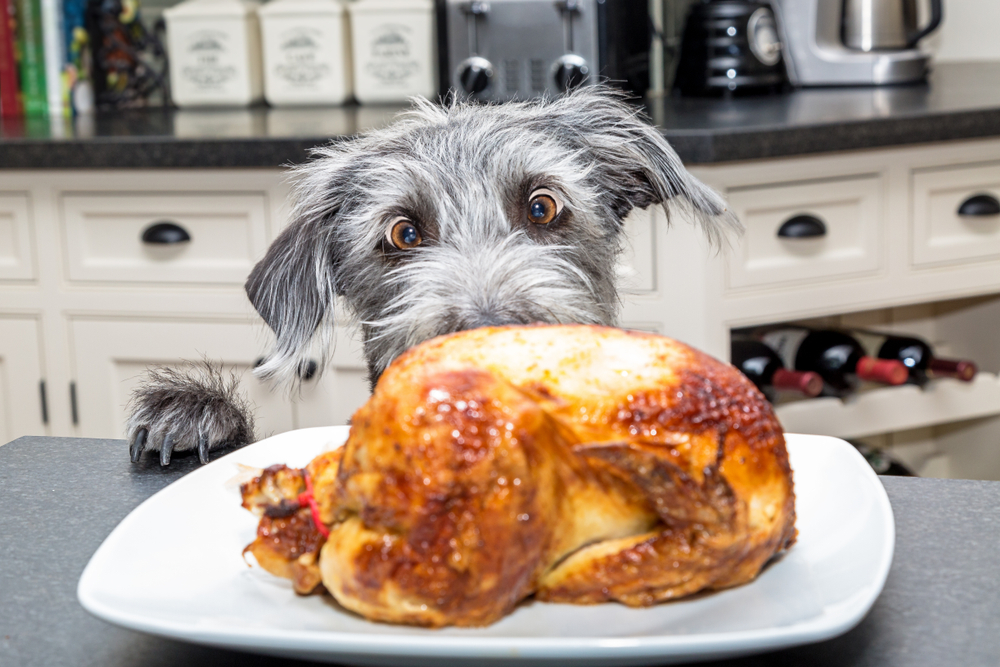
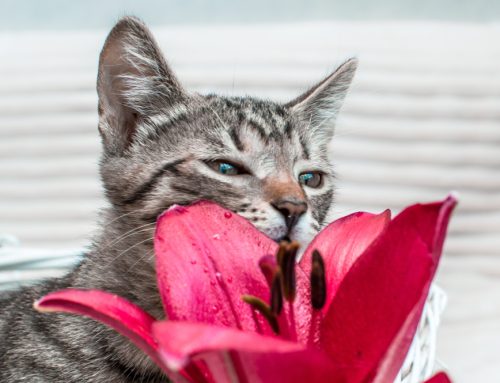
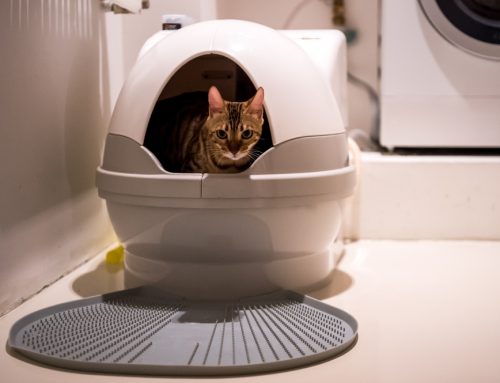
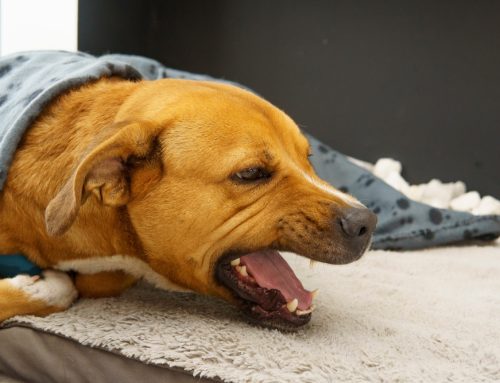
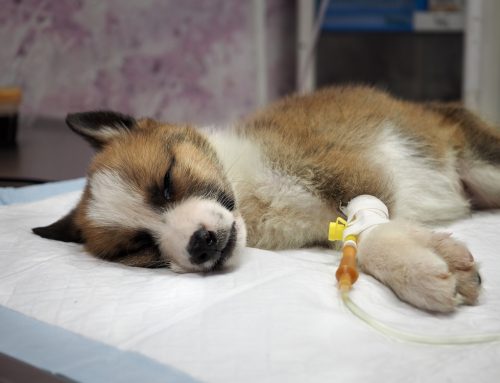
Leave A Comment